10 Acquisition Targets To Counter IBM's Red Hat Deal
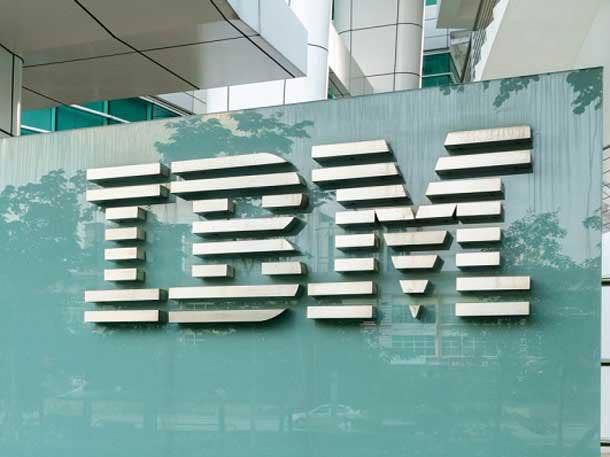
What's Next?
IBM's agreement to buy Red Hat for $34 billion will almost certainly be the spark that sets off a chain reaction of acquisitions across the IT industry.
" We are at the very beginning of a major consolidation cycle. The floodgates are going to open as a result of this," Bradley Brodkin, CEO of Red Hat partner HighVail Systems, told CRN.
Like IBM CEO Ginni Rometty said, the Red Hat deal was simply about dominating the cloud. And dominating the cloud means dominating containers, Brodkin said.
It's worth remembering that other cloud providers like Microsoft or Google can still offer competitive bids on Red Hat.
In any case, Red Hat would owe IBM $975 million if the deal fell through.
But if those other companies can't convince the open source leader to back away from Big Blue, here are 10 other companies—some publicly traded, others prominent startups—that might look attractive to them, and potentially many other suitors looking to counter IBM.
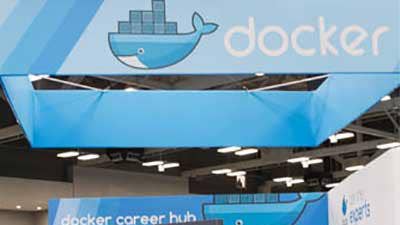
Docker
If some enterprise software giant wants to pull off another show-stopper, they can try to snag the container pioneer before it goes public.
Docker, the San Francisco-based startup that invented the current container market, has made progress over the last year in advancing a commercial containerization platform that's the main competitor to Red Hat's OpenShift.
Whereas Red Hat took a somewhat prescriptive view of implementing Kubernetes, Docker Enterprise focuses on delivering versatility and multi-cloud compatibility, avoiding lock-in, supporting legacy apps, and working closely with Microsoft to enable Windows-based containerization.
Microsoft, for one, could covet those attributes as it prepares for the coming battle with IBM.
Docker's last funding round delivered a valuation below $2 billion. But the startup's brand is almost synonymous with containers, and it has been rapidly acquiring customers of late. It would likely fetch a much higher price.

Pivotal
The cloud-native software company that went public earlier this year is still entirely in the grip of Dell Technologies, but it would be an attractive addition to many enterprise cloud vendors.
Pivotal Cloud Foundry, a Platform-as-a-Service for developing and deploying modern applications, has become a staple across the enterprise—a key component driving the hybrid cloud strategies of many large organizations.
Pivotal, which spun off from EMC and VMware before Dell's acquisition of those companies, would be a flagship division for any cloud provider looking to bolster its hybrid posture.
Dell owns 70 percent of Pivotal's stock, but controls more than 95 percent of its voting power. If the hardware giant sees the benefit of selling that asset to pay off some debt, it can do so without consent of common shareholders.
Pivotal's stock has mostly lost the gains of the months following its April IPO, and now has a market cap around $4.89 billion. Even with a hefty premium, it could come at a price that's manageable to many players looking to counter IBM's Red Hat deal.
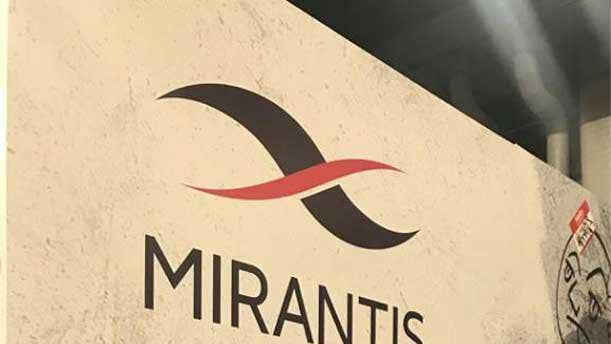
Mirantis
A pioneer in delivering the OpenStack platform to enterprises building private clouds, Mirantis has pivoted over the last two years to a broader 'open cloud' strategy.
Campbell, Calif.-based Mirantis now offers a comprehensive set of open source technologies, including Kubernetes, to enable flexible, rapid software delivery across hybrid environments with no lock-in.
As part of that evolution, the company has branched into the public cloud through an alliance with AWS.
Even though Red Hat was an early strategic investor in the company, Mirantis sparred with the open-source leader last year over attempts to certify and support its OpenStack distribution to run on Red Hat Enterprise Linux.
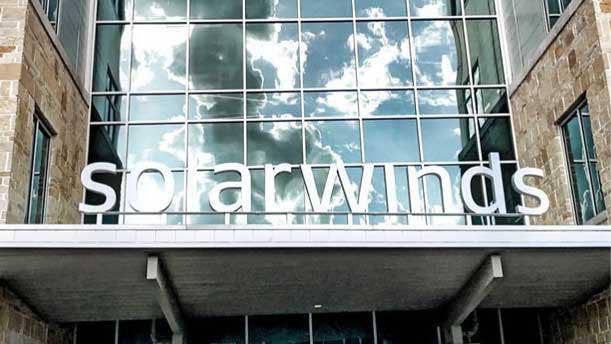
SolarWinds
While the IT management software vendor has filed plans to go public for a second time, it's possible a strong offer to its private equity stakeholders could derail an IPO.
SolarWinds, based in Austin, Texas, offers a platform capable of managing complex hybrid deployments including servers, networks and applications spanning public and private clouds. The technology portfolio expanded in the last year with the acquisitions of Loggly and Trusted Metrics.
SolarWinds could boost the hybrid posture of many an enterprise cloud software vendor.
Thoma Bravo and Silver Lake are looking to raise $750 million in an IPO that would impart a value on SolarWinds of more than $5 billion.
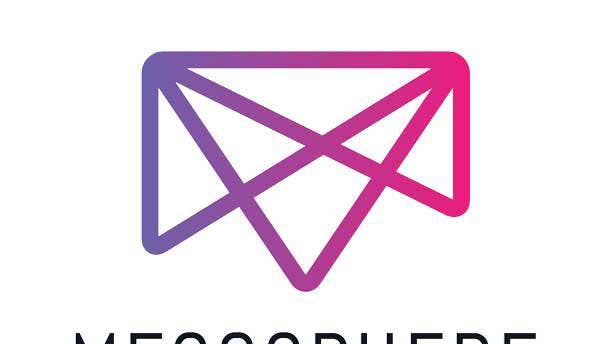
Mesosphere
The startup's DC/OS platform has become popular among enterprises looking to spin up hybrid cloud environments that can quickly deploy and integrate many open source technologies enabling application delivery, container management, and big data processing.
San Francisco-based Mesosphere was founded by the creators of Apache Mesos, a container orchestration framework that undergirds the platform. But Mesosphere offers a broad variety of solutions, including Kubernetes, Spark, Kafka, Elastic Search, and Jupyter.
DC/OS also natively integrates with the hyper-scale clouds to deliver unified environments for running data-intensive workloads.
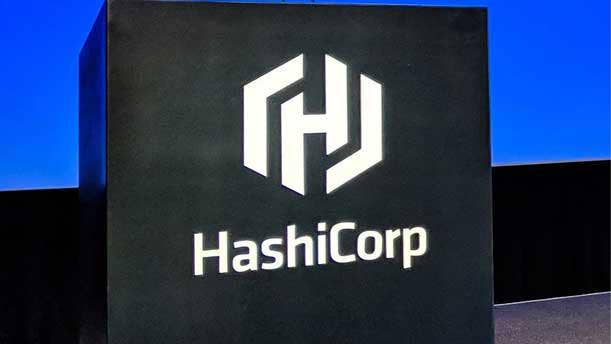
HashiCorp
San Francisco-based HashiCorp would deliver an infusion of riches to the portfolio of any enterprise cloud contender.
With its lineup of popular open source tools like Terraform, Consul, Vault and Packer, the San Francisco-based startup has become a darling of the DevOps set, and a go-to enabler of multi-cloud automation.
Last year, Microsoft extended a partnership with HashiCorp to jointly develop support for Azure cloud services.
But part of the appeal of HashiCorp's products is their agnostic nature, which might be difficult to preserve under the roof of a specific cloud vendor.

Rancher Labs
An innovative container startup with a platform now fully geared to support Kubernetes deployments, San Francisco-based Rancher Labs delivers a versatile solution for deploying applications spanning multi-cloud environments.
Rancher's open source technology can manage container clusters orchestrated by different Kubernetes distributions across on-premises environments and public clouds. It also integrates with Kubernetes services from several cloud providers, including Google's GKS, Microsoft Azure Container Service, Canonical's Kubernetes, and the Google-Pivotal-VMware collaboration, PKS.
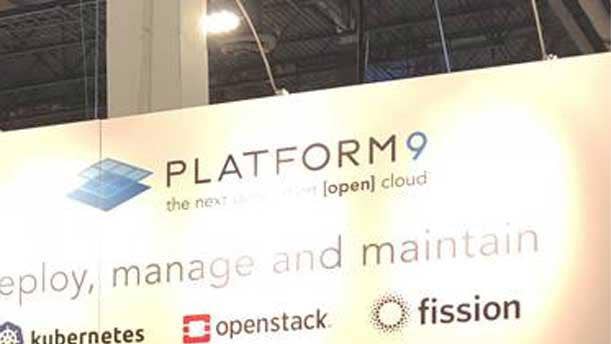
Platform9
This Sunnyvale, Calif. startup, partly funded by HPE, started out as a turnkey OpenStack solution for rapid deployment of private clouds.
But Platform9 has evolved into the container arena, and now delivers Kubernetes orchestration in a similar fashion: through a Software-as-a-Service model.
An enterprise cloud provider could find the startup's approach to easing delivery of two open source technologies often hampered by their operational complexity an attractive onramp for new customers.

HyperGrid
This startup has pivoted from offering hyper-converged infrastructure to hybrid cloud management solutions, and now is scaling that business rapidly.
Since releasing earlier this year a software-only solution, San Jose, Calif.-based HyperGrid has signed more than 100 customers to its HyperCloudTM platform, which orchestrates and manages deployments in the public cloud.
That Software-as-a-Service productis gaining traction among both enterprises and MSPs looking to optimize public cloud usage, migration planning, cost management, security and governance, and intelligent application management.

NetApp
This would be another bank-busting deal, but given the pressures driving consolidation these days, anything seems possible.
Over the last year, NetApp has transformed itself from a storage powerhouse to a comprehensive data management provider for hybrid cloud.
With the acquisition of StackPointCloud in September, Sunnyvale, Calif.-based NetApp entered the business of delivering Kubernetes-as-a-Service, further establishing its market position as an enabler of hybrid environments.
The company's market capitalization currently stands around $19.40 billion, limiting potential buyers to those with extremely deep pockets.